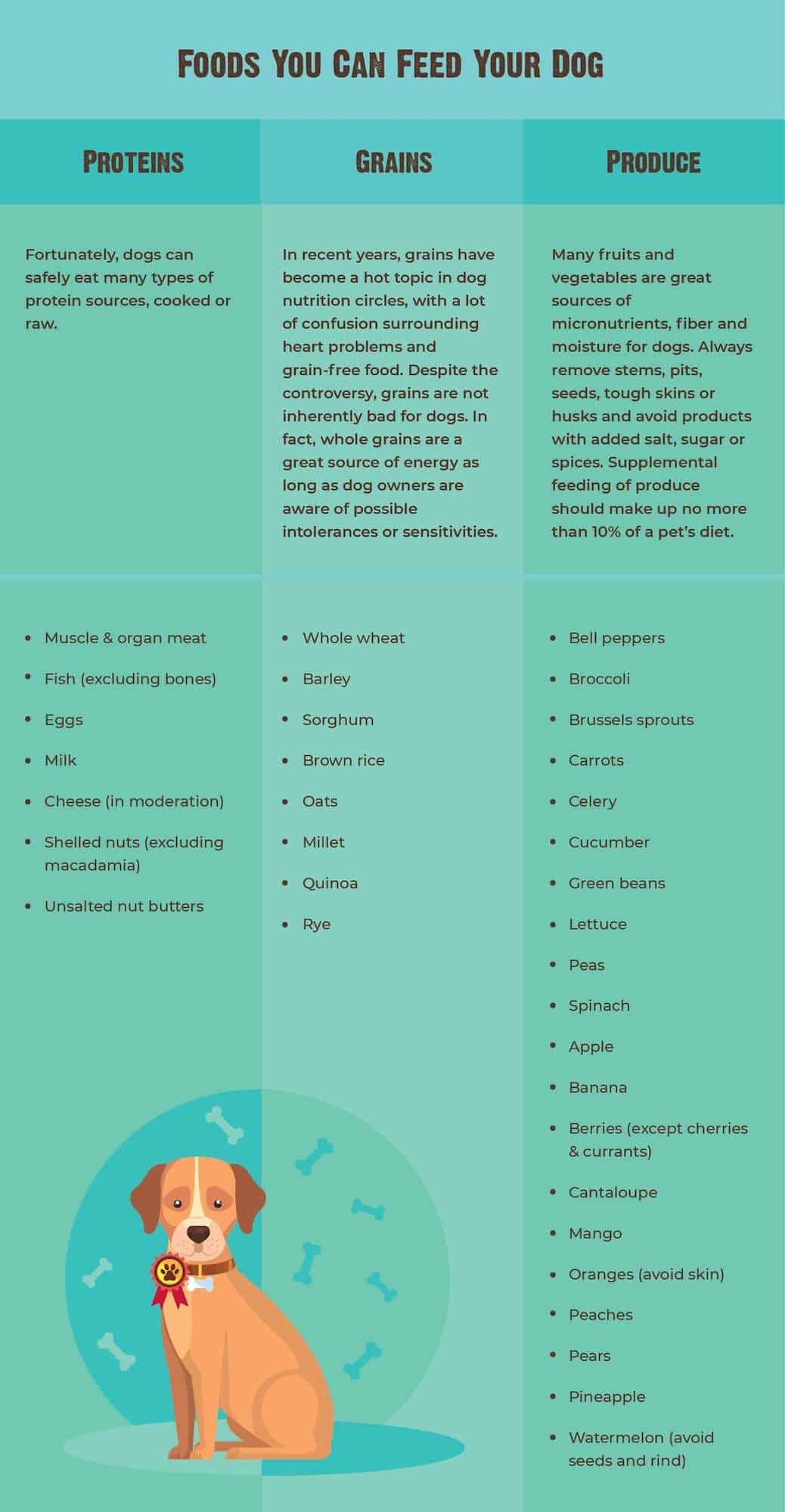It can be challenging to keep your pet supplied with their favorite treats, especially when store shelves are bare. Fortunately, many common human foods can be safely offered to your dog or cat as a healthy alternative. Introducing new foods gradually and in moderation is key to ensuring your pet’s digestive system can adjust, preventing any stomach upset. Dogs, with their more adventurous appetites, are often more receptive to trying new snacks than their feline counterparts.
Treats for Dogs
For canine companions, a variety of human foods can serve as delightful and nutritious treats.
Peanut Butter
Peanut butter is a highly palatable and long-lasting treat that can provide mental stimulation for dogs. Stuffing it into a Kong toy or other interactive feeder can keep your dog happily occupied. For an even more enduring treat, freeze the peanut butter-filled toy. Remember that peanut butter is calorie-dense, so it should be given sparingly as part of a balanced diet.
Bell Peppers
Bell peppers are an excellent source of hydration and essential nutrients like vitamins A, E, B6, potassium, and folate. Their crunchy texture makes them an appealing snack for many dogs. When introducing bell peppers, remove the seeds and stem to aid digestion and observe your dog’s reaction.
Watermelon
This hydrating fruit is a refreshing option for dogs, especially during warmer months. It is crucial to remove all seeds, rind, and skin before serving, as these components can lead to serious intestinal blockages.
Carrots
Carrots can be offered to dogs either raw or cooked. They provide a healthy, low-calorie source of fiber and vitamin A. To prevent choking hazards, ensure carrots are cut into small, manageable pieces.
Green Beans
Another low-calorie vegetable, green beans, offer a lean and filling snack option that won’t contribute excessively to your dog’s caloric intake.
Pumpkin
Plain pumpkin puree is a beneficial addition to a dog’s diet, particularly for those with sensitive stomachs or digestive sensitivities. It is not only palatable but also known for its digestive benefits.
Blueberries
Rich in antioxidants, blueberries are a small, easily managed treat that is perfect for training or rewarding your dog.
Chicken
Boiled chicken, prepared without any added salt or seasonings, provides a lean protein boost for your dog. Offer it in moderation to avoid an excess of protein in their diet.
Treats for Cats
Cats, known for their discerning palates, may be more hesitant to try human foods. However, if your feline friend has a more adventurous taste, these options can be offered in moderation.
Cooked Meat
As obligate carnivores, cats thrive on meat-based diets. Plain cooked chicken, turkey, or other lean meats can satisfy their carnivorous cravings. It is imperative to avoid feeding raw meat due to the risk of bacterial contamination and to steer clear of bones, which can pose choking hazards or cause internal injuries.
Cooked Fish
Fish like salmon are frequently incorporated into commercial cat foods and can be offered as a treat. Ensure the fish is thoroughly cooked, whether fresh or canned (packed in water, not oil or brine). Be cautious of sharp edges on cans, and never serve fish directly from the can.
Eggs
Cooked eggs provide an excellent source of protein and vitamin B for cats. As with all meats and fish, eggs must be thoroughly cooked before being offered to your cat.
Green Vegetables
Certain vegetables such as broccoli, green beans, peas, and cucumbers can be safely consumed by cats. While many cats may not instinctively seek out these foods, they can be a healthy addition if your cat shows interest.
Cantaloupe
Cantaloupe and other melons are safe for cats, provided all seeds, skin, and rind are removed before serving to prevent digestive issues.
When considering any human food for your pet, consulting with your veterinarian is the most reliable way to ensure it is appropriate and safe for their individual health needs. Our dedicated veterinary team is always available to provide guidance on your pet’s nutrition and well-being.

